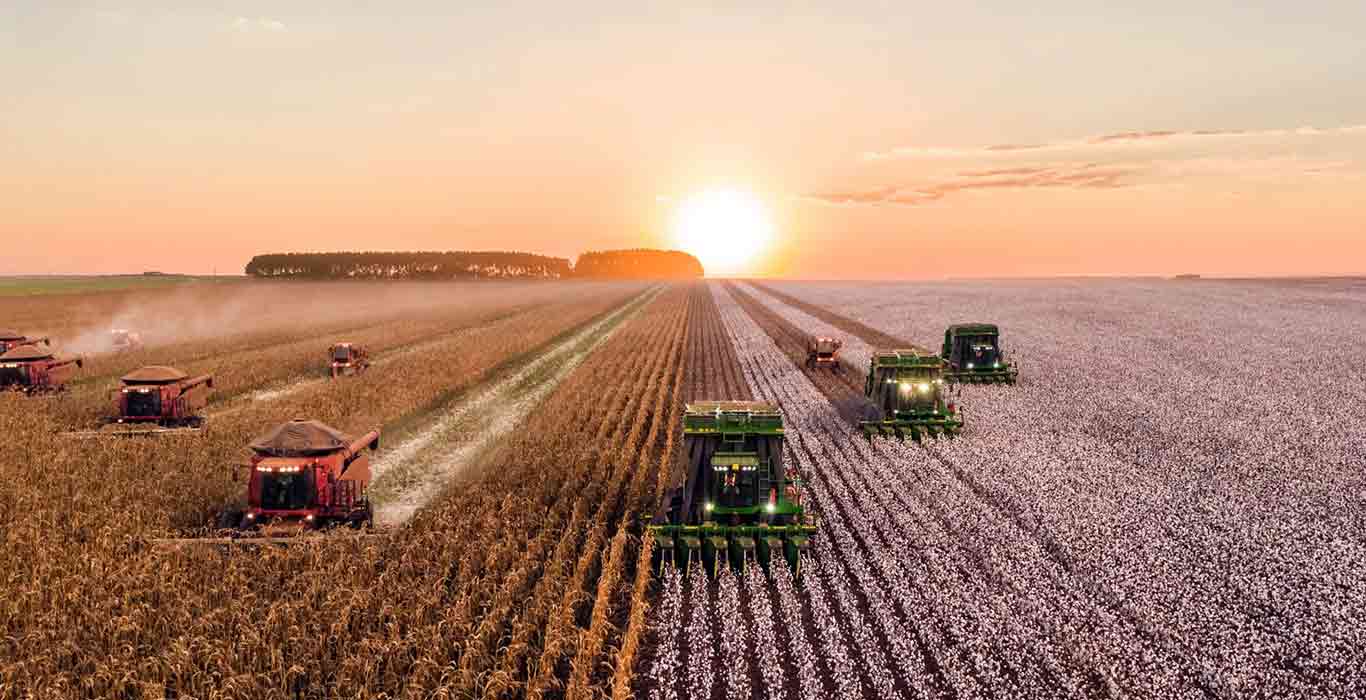Welcome To ChemAnalyst

The European Commission is presently formulating a novel proposal that could potentially grant Eastern member states, including Poland and Hungary, the authority to impose restrictions on the import of Ukrainian grain in response to market "disturbances." This development is part of broader measures implemented following Russia's invasion, wherein the European Union opted to eliminate tariffs on Ukrainian imports, spanning agricultural products. The objective was to aid Ukraine, a nation grappling with the aftermath of war, in sustaining its battered economy.
Ukraine holds a significant position as one of the world's leading exporters of sunflower oil, barley, maize, and wheat. The EU's decision to lift tariffs was a strategic maneuver to create an alternative route for Ukrainian goods. This became imperative as Russian troops blockaded the Black Sea, necessitating urgent alternatives for the shipment of Ukrainian products. The exemption from EU trade tariffs aimed to facilitate transport via land routes, thereby creating space for subsequent harvests.
However, the sudden inundation of duty-free cereals in the markets of neighboring countries, including Poland, Hungary, Slovakia, Romania, and Bulgaria, raised concerns among local farmers. They perceived the low-cost Ukrainian imports as unfair competition, prompting the Eastern European nations to respond with unilateral and uncoordinated bans. The European Commission denounced these actions as unlawful, unfair, and contrary to the principle of solidarity.
As a temporary solution to the escalating situation, the executive branch allowed the transit of four specific Ukrainian products – wheat, maize, rapeseed, and sunflower – through the five Eastern countries. However, these goods were not permitted for consumption or storage within their markets. Despite the provisional nature of this arrangement, Poland, Hungary, and Slovakia persisted in their defiance of the decision and reinstated national bans after the scheme concluded in mid-September. In response, Kyiv expressed frustration and escalated the matter to the World Trade Organization (WTO), filing a lawsuit against the three states.
In the midst of the ongoing uncertainties in the grain trade, the European Commission appears inclined towards adopting targeted "safeguards," a term serving as a euphemism for restrictions. This strategic move aims to address discontent within the Eastern member states. The proposed measure seeks to extend the removal of tariffs until June 2025, reflecting the Commission's commitment to finding a balanced and sustainable resolution to the intricate dynamics prevailing in the region. This approach underscores the Commission's dedication to navigating the complexities of the situation with a nuanced and enduring solution.
We use cookies to deliver the best possible experience on our website. To learn more, visit our Privacy Policy. By continuing to use this site or by closing this box, you consent to our use of cookies. More info.
